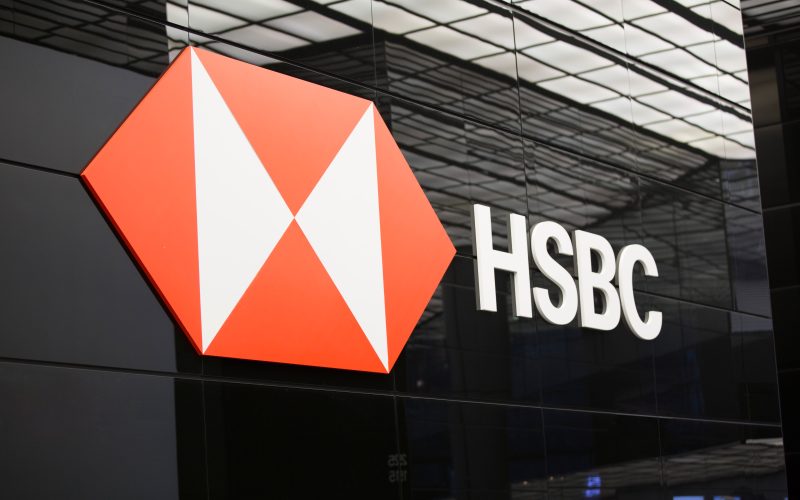HSBC Holdings Plc’s newly appointed head of sustainability has called for a shift in the banking sector’s approach to climate finance, arguing that penalising high-carbon clients is counterproductive.
Julian Wentzel, who took on the role of chief sustainability officer at Europe’s largest bank this month, warned that an overly restrictive policy on fossil fuels could jeopardise energy security and hinder the transition to a low-carbon economy.
“Too many people have been negatively biased towards the carbon economy without acknowledging its crucial role in energy security,” Wentzel said in an interview.
His comments signal a shift in how financial institutions view climate finance. Just a few years ago, HSBC and other major banks committed to net zero emissions goals, aligning their portfolios with a 1.5°C global warming target. However, with scientists now predicting that global temperatures are on course to rise by roughly 3°C by the end of the century, banks and investors are reassessing their net zero strategies.
Wentzel argues that accelerating the transition to a low-carbon future requires prioritising investment in green energy rather than solely restricting funding to fossil fuels.
“A lot of focus has been on constraining the carbon economy rather than facilitating the new world energy economy,” he said. “If more attention were given to the latter, the transition would happen faster and capital would flow more easily.”
Currently, banks fall short of the 4-to-1 green-to-brown capital allocation ratio required to meet the 1.5°C target. At the end of 2023, the financial sector’s energy supply banking ratio, encompassing debt and equity underwriting, stood at just 0.89 to 1, according to BloombergNEF. HSBC outperformed the industry average with a ratio of 1.49, the data shows.
Meanwhile, fossil fuel companies are under increasing investor pressure to focus on core business strategies. BP Plc recently announced a strategic shift that will see it expand its oil and gas operations, reducing planned investment in renewables. The move, driven by shareholder discontent, will see BP increase its annual investment in fossil fuels to $10 billion, while reducing its spending on low-carbon energy by approximately $5 billion.
As oil majors double down, banks have become more vocal in criticising restrictive fossil-fuel policies. JPMorgan Chase & Co. previously argued that “a singular focus on fossil fuels” is not a viable strategy for transitioning the global energy system. Instead, the largest US bank said emphasis should be placed on “supporting the rapid build-out of zero-carbon power” to help displace fossil fuels and cut emissions.
Last week, HSBC softened some of its previous emissions targets, citing slow progress in decarbonisation across the broader economy. The bank’s revised approach acknowledges that political and economic realities pose significant challenges to meeting existing climate goals.
Wentzel also pointed to increasing geopolitical hurdles, referencing political shifts in the US, where the Trump administration has taken an aggressive stance against pro-climate policies. Scientists now widely believe that limiting global warming to 1.5°C is no longer feasible.
“We live in a dynamic world, and we have to reflect the environment we operate in,” said Wentzel, who previously served as HSBC’s head of global banking for the Middle East, North Africa, and Türkiye. “I can’t ignore the political weather.”
Wentzel took on the top sustainability role at HSBC on an interim basis in November following the departure of Celine Herweijer, the architect of the bank’s climate strategy. Under her leadership, HSBC outlined its transition plan to net zero financed emissions alongside former CEO Noel Quinn last year.
Support for net zero policies is waning across global finance, particularly in North America, where major banks have withdrawn from industry-wide net zero alliances. Meanwhile, the US government has indicated it will take steps to roll back climate policies, with US Energy Secretary Chris Wright describing net zero as a “sinister” and “terrible” concept.
Despite these challenges, Wentzel insists that HSBC remains committed to achieving net zero financed emissions by 2050 and aligning itself with a 1.5°C pathway, even as the feasibility of this target is increasingly questioned.
“We have always said we would be science-aligned, and there is absolutely a scientific basis to a 1.5°C-aligned strategy,” he said. “However, it is becoming increasingly clear that the economic and geopolitical landscape is making that goal harder to achieve.”





















